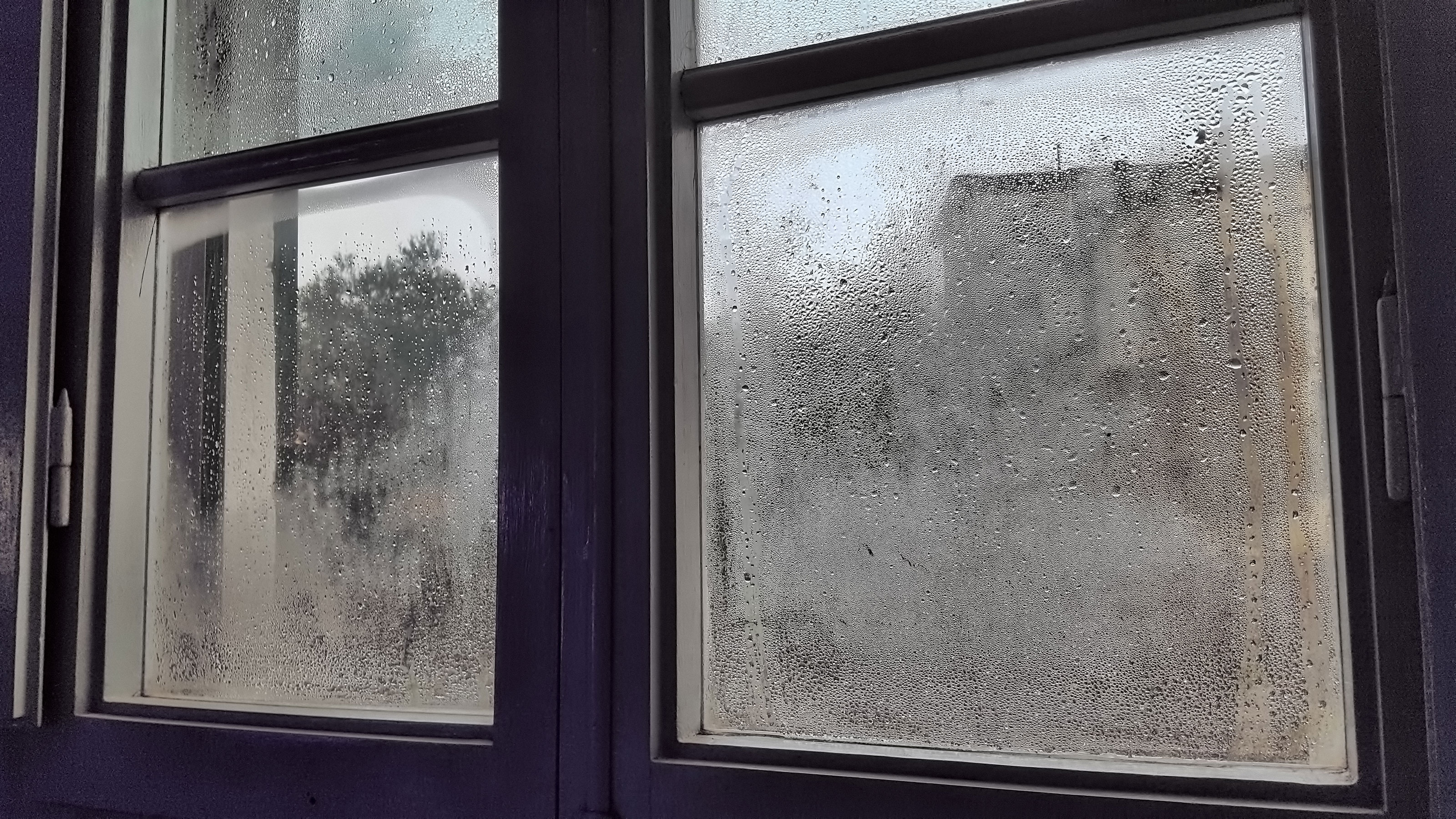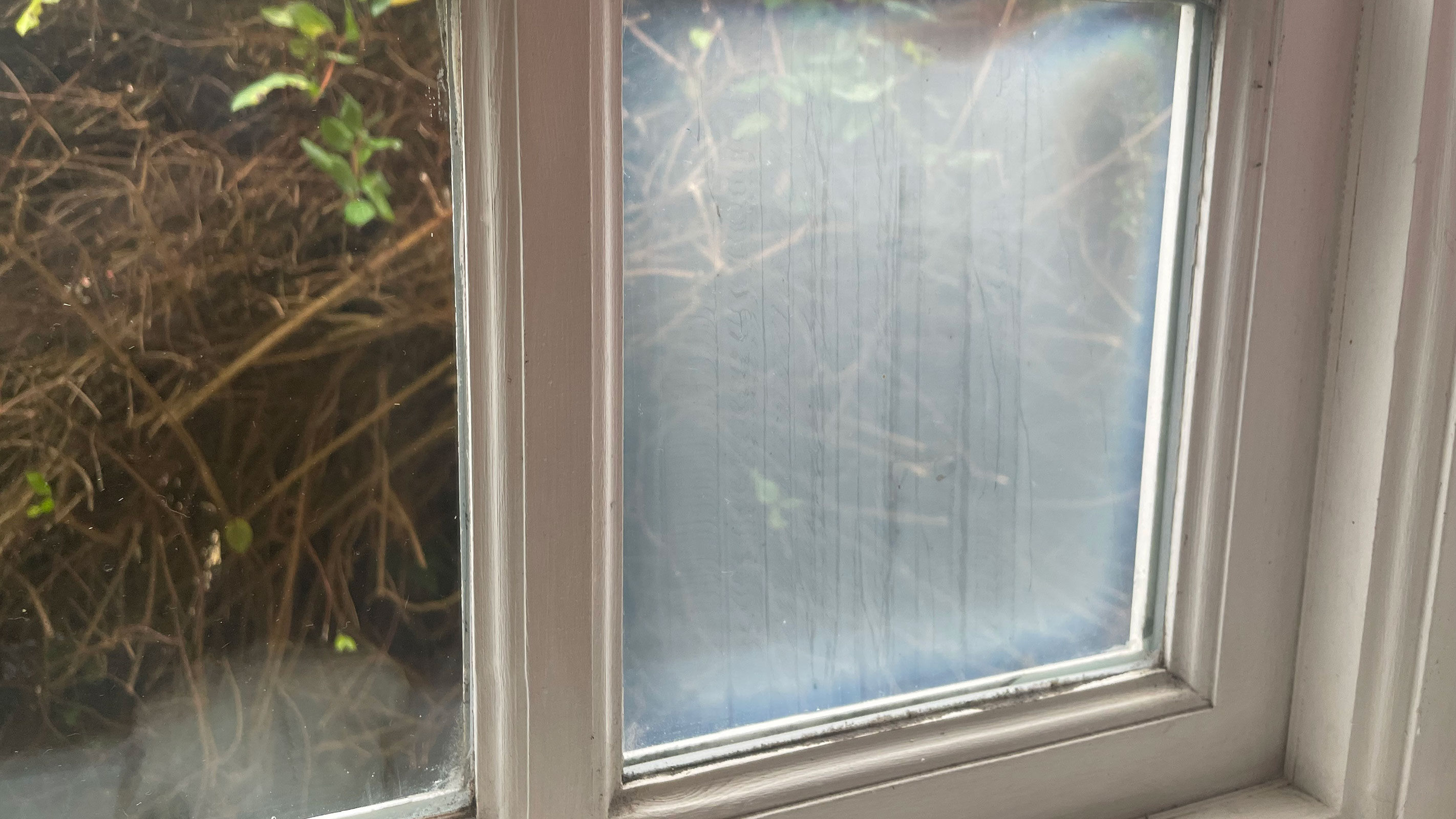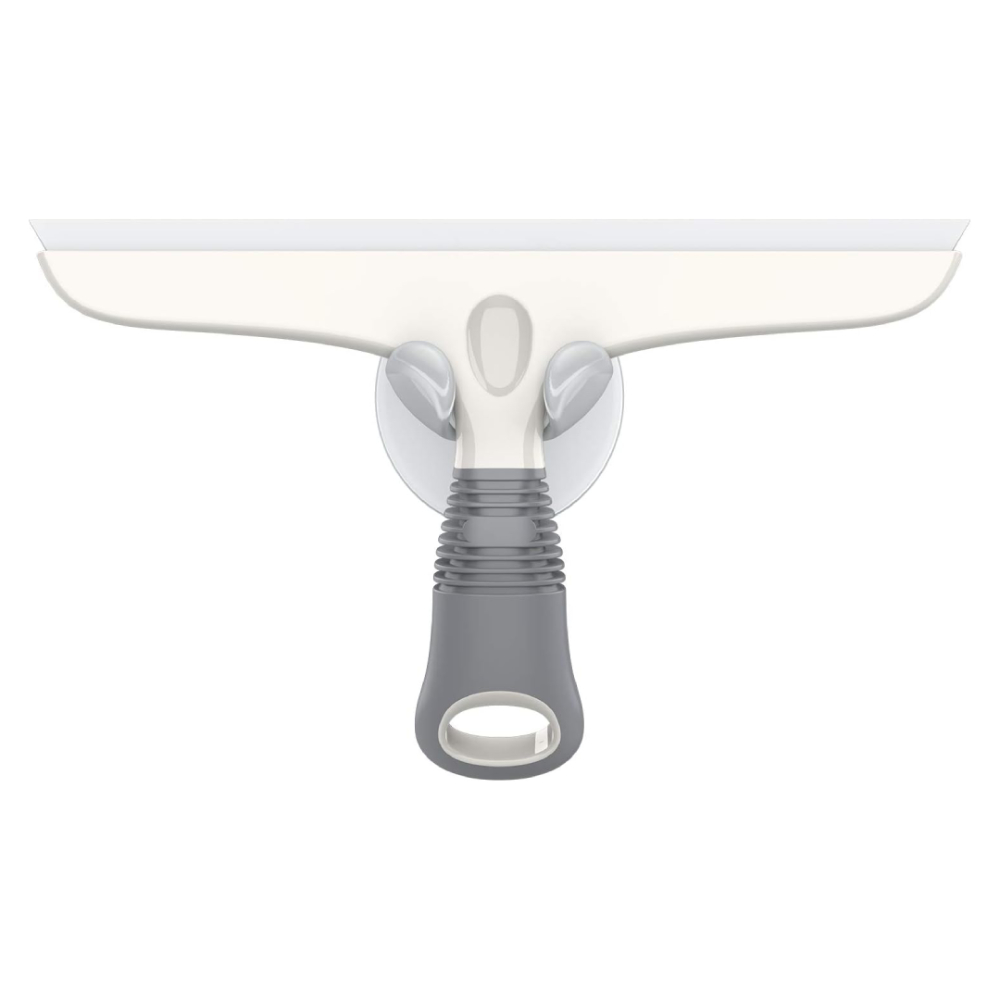How to get rid of condensation inside double glazed windows
Condensation inside double glazed windows and misty double glazing are an annoying problem for many homeowners. Here, we look at the causes of this issue and how to put it right

Condensation inside double glazing is a surprisingly common problem, both for owners of period properties as well as those living in more recently built homes.
Window condensation occurs for several reasons and getting to the bottom of what these are can go a long way towards preventing the problem. However, in the case of double glazing, another issue can be moisture appearing inside the two panes of glass that make up double glazed units, making them appear misty or foggy.
If either misty double glazing or condensation on the inside your windows is an issue that you are already battling in your home, what can you do to eliminate it once and for all and stop it from happening again in the future?
"Condensation can be a chronic issue that leaves homes feeling damp and often leads to mould. This is a concern, given that long exposure to mould can be detrimental to our health," says Victoria Brocklesby, COO at Origin, the UK’s leading manufacturer of aluminium windows and doors.
In this article, we look at why double glazing might fall foul of condensation and what causes misty double glazing, explaining your options when it comes to putting things right.
What causes condensation inside double glazing?
There are two main issues that owners of homes with double glazing tend to face when it comes to condensation: moisture appearing running down the inside of the glass; and condensation in the air gap between the two glass panes that make up double glazed windows. But why do these issues occur?
If you want to find out how to stop window condensation, then it is important to understand that the causes of it appearing on double glazing are the same as with other types of glass.
"There are three factors that determine whether condensation forms on your windows: the level of moisture in the air, the air temperature of the room and the surface temperature of the windows," explains Chris Michael, managing director of Meaco. "The more moisture there is in the air, the more likely it is that condensation will form."
"Condensation on windows is unavoidable to a certain extent, particularly in the winter months," says Victoria Brocklesby. "This is because it’s caused by the cold glass of a window colliding with warm air inside. However, continuous, sitting condensation can damage windows and is a sign that the window is not thermally efficient."
While condensation is less likely to be a problem with double glazing than with single glazing, it can still cause issues.
"The warmer a room is, the more moisture the air can hold, and the colder windows are, the greater the difference will be between the air temperature and this surface temperature. A greater difference increases the chance of condensation forming," says Chris.
Try these products if condensation is on the surface of your windows
What causes misty double glazing?
Noticed your double glazing appears misty or cloudy? This problem is quite separate from condensation that streams down the glass that makes up windows.
At a basic level, double glazed windows are made up of two panes of glass with an air gap between the two. If you have noticed water vapour appearing between these two panes it means that the window seal has been compromised in some way.
"Whilst double glazed units are more thermally efficient than single, they still have weaknesses, especially if the frames are poor quality," explains Victoria Brocklesby. "Condensation between the panes of glass is a sign that the window seals are damaged or broken. Window seals are often made from a rubber material which can become brittle over time, causing them to fail."
The seal can become damaged for several reasons, including general wear and tear or if they were not well-made in the first place — something to consider when looking at double glazing costs and making a decision on how to get the most for your money. Broken seals could also be due to poor installation or even by harsh cleaning chemicals.
It could also indicate a problem with the spacer bar. The majority of modern double glazed windows have a ‘spacer’ in between the two panes of glass. This spacer contains something called 'desiccant' which is an absorbent substance that has the job of soaking up moisture in the void.

Why is misty double glazing a problem?
Aside from looking rather unattractive, there are several other reasons why dealing with failed double glazed units is important.
These units are designed to be 'sealed' in a way that keeps cold air out and warm air in — once this seal is compromised, they can no longer perform this task effectively.
What this means is that your home will basically be leaking energy — your heating system works hard to ensure your house feels comfortable and warm, but if your windows are letting out all the heat generated, it will need to work harder than should be needed.
Should you repair or replace misty panes?
If the glass in your windows have become misted up due to failed seals, what is the best course of action?
"You can either opt to have your windows re-sealed by a professional or replace the whole window or glazed unit," advises Victoria.
"The most effective way to prevent condensation is to ensure your window frames are high quality, use sophisticated weather-tight seals, and feature innovative thermal breaks. Not only will they be far more thermally efficient, but they will last longer too."
Window repair is generally always better than replacement when it comes to original period windows in order to retain the character of older properties, but if you are dealing with new, poorly made double glazed windows with damaged frames and multiple failed units, then replacement could well be a better option.
How to stop condensation inside double glazing
If your problem is condensation running down the inside of the glass of your windows, you will no double be keen to find out how to stop condensation.
If not dealt with, condensation can cause mould on windows which could, in turn, increase the chances of damp. It can also exacerbate respiratory issues and make allergies worse.
For this reason it is important to get to grips with how to wipe out the problem as quickly as possible.
The best ways to how to stop window condensation include:
Ventilating the space: Even opening windows for 10-15 minutes a day will help. Look at mechanical extraction too — bathroom extractor fans can make a huge difference.
Investing in a dehumidifier: The best dehumidifiers will help you reduce the moisture levels in the air which will, in turn, prevent condensation.
Heating your home well: "Keeping your home at a consistent temperature can also help minimise condensation," says Victoria Brocklesby. "The World Health Organisation recommends heating your home at least 18°C in the winter when occupied, but even when you’re out, it shouldn’t drop below 14°C as too much fluctuation will cause condensation to build up on windows."
Upgrading your insulation: Both good levels of insulation as well as implementing some draught proofing measures will help solve condensation.
Check your glazing: "You should ensure the sealing of your glazing is sufficient," says Victoria. "Over time, rubber window seals and seals on the glass itself can become damaged which decreases the thermal efficiency of your windows, increasing the likelihood of condensation. It doesn’t necessarily mean you need a whole new set of windows, as seals may be able to be replaced by a professional installer. However, windows with sophisticated weathertight seals will provide greater thermal efficiency and last significantly longer."

Victoria Brocklesby is COO and Co-Founder at Origin, the UK’s leading manufacturer of aluminium doors and windows. Victoria has worked across every department at Origin, using this knowledge to improve performance and instil the best sustainable practices possible – something she views as a journey not a destination. Throughout every part of Origin’s success, Victoria has been front and centre, driving the company to be a trailblazer within UK business.

Chris Michael, Meaco's founder, has worked within the air treatment industry for over 30 years.
Get the Homebuilding & Renovating Newsletter
Bring your dream home to life with expert advice, how to guides and design inspiration. Sign up for our newsletter and get two free tickets to a Homebuilding & Renovating Show near you.
Natasha was Homebuilding & Renovating’s Associate Content Editor and was a member of the Homebuilding team for over two decades. In her role on Homebuilding & Renovating she imparted her knowledge on a wide range of renovation topics, from window condensation to renovating bathrooms, to removing walls and adding an extension. She continues to write for Homebuilding on these topics, and more. An experienced journalist and renovation expert, she also writes for a number of other homes titles, including Homes & Gardens and Ideal Homes. Over the years Natasha has renovated and carried out a side extension to a Victorian terrace. She is currently living in the rural Edwardian cottage she renovated and extended on a largely DIY basis, living on site for the duration of the project.




